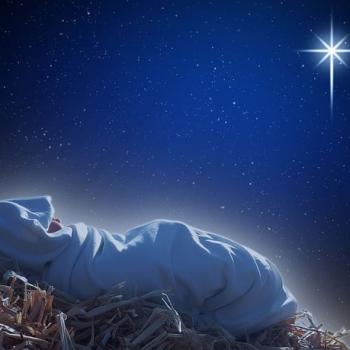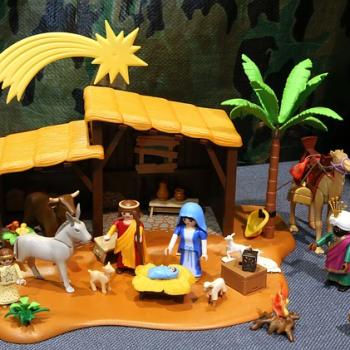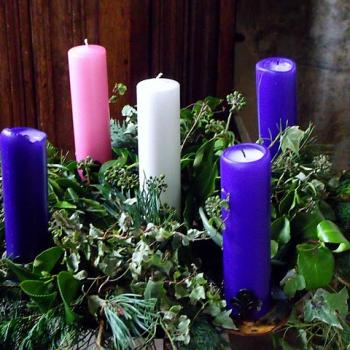
Participants in the Christmas Story
While baby Jesus, Mary, Joseph, shepherds, the innkeeper, and angels play major roles on the night of Jesus’ birth in the Christmas story, the Magi showed up later. Because of the familiar carol “We Three Kings of Orient Are,” believers often assume these gift-bearers were kings and three in number. But the Biblical account of Jesus’ birth confirms neither assumption.
Matthew 2 refers to the men as “wise men” in the King James Version and as “Magi” in the New International Version. However, a head count appears nowhere. https://time.com/5923009/three-kings-wisemen-history-magi-bible/. Perhaps people assume three gifts means three gift givers. https://www.biblegateway.com/blog/2017/12/who-were-the-magi/.
Who Were the Magi?
What we do know about the Magi is they came from the East. In fact, the Bible specifically mentions their origin in Matthew 2:1. Given the luxurious gifts of gold, frankincense, and myrrh which they brought, a reasonable assumption is the travelers were men of wealth and power.
Their trip, as they explained to King Herod, involved following a risen star indicating the birth of the king of the Jews. https://www.biblegateway.com/passage/?search=Matthew+2%3A2-3&version=NIV. These circumstances suggest the travelers could have been Persian or Arabian astrologers who studied the stars and assigned religious significance to their movement. https://www.biblegateway.com/blog/2017/12/who-were-the-magi/. Significantly, those in the ancient world commonly believed stars announced the birth of great people.
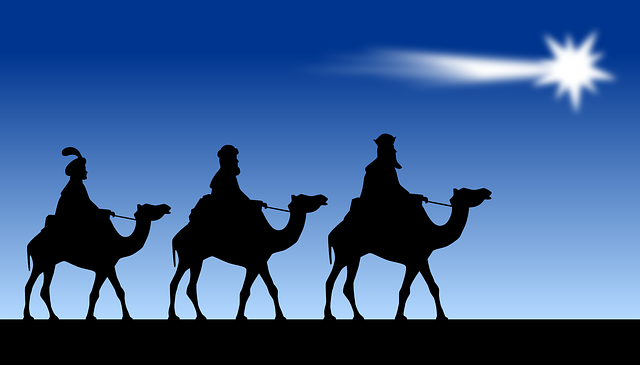
Gifts Given
While the Bible does not provide the names of the Magi, identify the specific place they were from, or explain their precise occupations, the Good Book does expressly state what gifts they brought: gold, frankincense, and myrrh. https://www.biblegateway.com/passage/?search=matthew+2%3A11&version=NIV. Strange as these gifts may appear to us, they each had a specific meaning and were appropriate.
At the time of Jesus’ birth, as it does now, gold represented wealth and power. https://time.com/5923009/three-kings-wisemen-history-magi-bible/. A relatively rare element, gold is precious and has been used throughout recorded history for coins and jewelry. This precious metal was a fitting gift for the King of Kings.
In addition to gold, the Magi gifted Jesus with frankincense which derives from a substance from an aromatic gum resin. This resin contains an oil used to make incense and perfume. https://www.britannica.com/topic/frankincense. Those in ancient times utilized frankincense not only in worship but also for medicine. Jesus was the Messiah, the son of God, and worthy to be worshipped.
The third gift from the Magi was myrrh, a gum-resin extracted from a few species of small, thorny trees. https://en.wikipedia.org/wiki/Myrrh. Ancient Egyptians used myrrh as both a perfume and for the embalming process. As noted in Exodus 30:23, the Israelites added myrrh as a main ingredient in holy anointing oil. https://www.christianity.com/wiki/holidays/what-is-myrrh-in-the-bible.html. Indeed kings were anointed with oil containing myrrh, emphasizing Jesus’ status as King of the Jews.
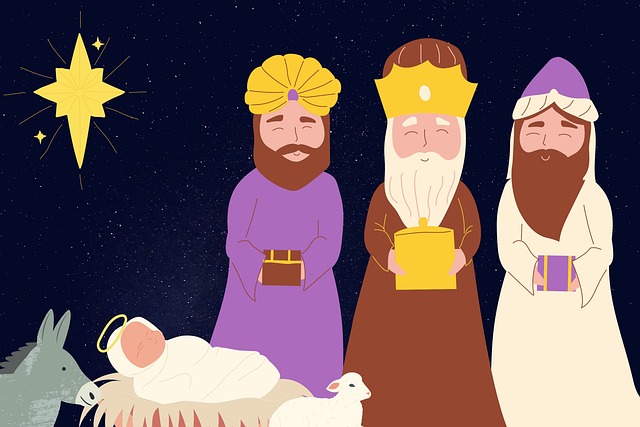
Gift Guidance
The Magi offer good guidance for Christmas gift giving. Even from the brief account of their interaction with Baby Jesus, readers can glean the following tips.
Gift giving requires effort on the giver’s part. Specifically, the Magi traveled a significant distance to a location unknown at the start of their journey to deliver their gifts. Do we put effort into giving those we care about their gifts? Or do we view the task as simply something to check off our lengthy “to do” list?
Gifts should convey a meaning based on understanding of the recipient. Although the Magi didn’t know Jesus personally, they understood from their study He was a king worthy of worship and respect. Accordingly, their luxurious gifts reflected Jesus’s status and spoke to it. They recognized His power as a king (gold), the need to worship Him (frankincense), and His kingly designation (myrrh, an anointing oil).
A personal touch gives the gift significance to the recipient. For instance, the Magi could’ve simply directed servants to deliver their gifts. Instead, they showed up and personally presented their gifts to Baby Jesus as a sign of their respect and sincerity in gift giving. Gift is spelled with an “I” in it. Are you found in the gift in some form or fashion? Did you make it? Give great thought to its selection? Personally present it where feasible?
The Recipient
While giving gifts to loved ones is wonderful and may be more appreciated when the giving involves effort, meaning, and a personal touch, aren’t we forgetting someone? The Magi didn’t. Their focus of gift giving the first Christmas was Jesus, and He should still be the focus of Christmas today. He’s the reason for the season. Shouldn’t we gift Him with our love, respect, time, and attention not just at Christmas but all year round?









